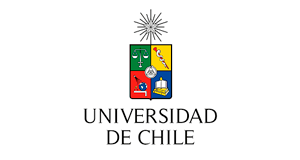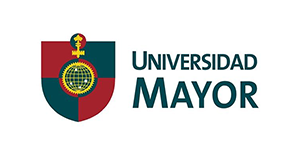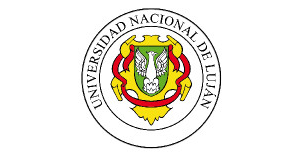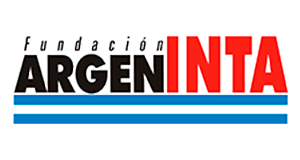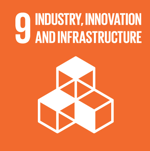An agroecological model for avian coccidiosis to boost productivity in family poultry farming
Implementation and dissemination of an integrated agroecological model for the sustainable control of avian coccidiosis, improving productivity, animal health, and sustainability in family poultry farming systems.
Context of the story
Family poultry farming plays a key role in producing safe, nutritious food and contributes to food security and household income in rural and peri-urban areas. According to FAO, 80% of peri-urban households in developing countries raise poultry for self-consumption and income. Coccidiosis, a highly prevalent parasitic disease, negatively impacts productivity and flock health. While vaccines and anticoccidial drugs are used in commercial poultry systems, they are neither accessible nor suitable for agroecological family farming. In response to this challenge, the project developed, validated, and implemented an integrated agroecological model for the sustainable control of coccidiosis, within the framework of One Health.
Agroecological innovations for the sustainable control of avian coccidiosis and productivity improvement in family poultry farming.
The implemented initiative
The project promotes an integrated agroecological model for the sustainable control of avian coccidiosis in family poultry farming systems in Argentina and Chile. The initiative combines technological innovations, including the use of agroecologically produced bio-inputs, and local knowledge to enhance productivity, animal welfare, and environmental sustainability, aligned with the One Health approach. It fosters collaboration among producers, technicians, public and private institutions, and territorial networks, integrating training, technical assistance, and knowledge management strategies. It strengthens gender equity, food security, and local capacities, reducing social and economic gaps in rural and peri-urban areas.
Implementation of an agroecological model for the sustainable control of avian coccidiosis, improving animal health, productivity, and sustainability in family poultry farming systems.
The technological solution
The implemented solution is an integrated agroecological model for the sustainable control of avian coccidiosis in family poultry farming systems. It combines sanitary management strategies, animal welfare, and adapted production practices, incorporating the use of an agroecologically produced bio-input that enhances gut health and reduces the impact of the parasitic disease. The model is applied through a participatory approach, including training, technical assistance, and the development of locally adapted materials. The initiative connects public, private, and community actors through the REDICOA network, which serves as a platform for knowledge management and dissemination. The entire approach aligns with the One Health framework, contributing to food security, gender equity, and environmental sustainability in the territories where it is implemented.
"Those who enter the world of agroecology will not only change the way they produce, they will also change their lives and their way of thinking"
Type of project
Results
The project conducted the first study on coccidiosis in family poultry farming in Argentina and Chile, revealing a prevalence of 85.2 % in 135 samples. Seven circulating species were identified, with E. mitis (24.1 %), E. acervulina (21.3 %), and E. tenella (20.4 %) being the most frequent. 48.5 % of producers are unaware of the disease. Between 48-53 % of farms are led by women. In Chile, 85.7 % of farms perform monthly cleaning, while in Argentina, 64.9 % clean per production cycle. 69 % of farms present stress factors. A bank of oocysts and DNA with local isolates was established. The developed agroecological model, incorporating technological innovations and an agroecologically produced bio-input, showed in experimental trials: 15 % increase in slaughter weight, 10 % improvement in feed conversion, and 80 % reduction in mortality. The REDICOA network was consolidated in Latin America to promote model adoption and regional dissemination.

 Back to the project
Back to the project Argentina
Argentina Chile
Chile
